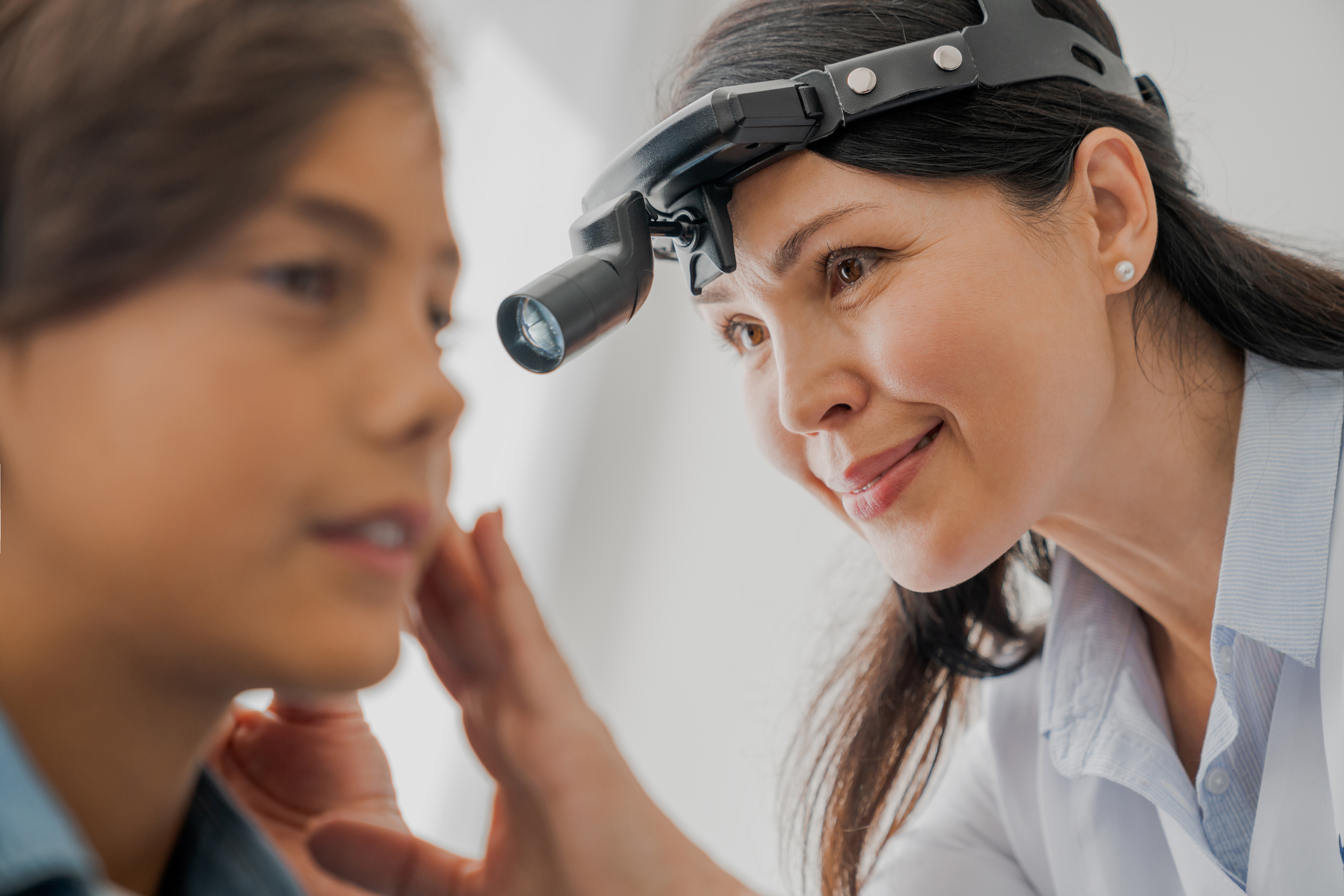
When to Worry About Headaches
We all get headaches. Maybe your headaches are usually annoying–that throbbing behind your eyes that creates a daylong nuisance. Or perhaps your headaches are more serious, like a migraine that knocks you off your feet for a day or more.
To a large degree, headaches are variable not only from person to person, but also on an individual level–from headache to headache. And what’s more, scientists and doctors often aren’t really sure what causes most of these throbbing heads.
So, the question becomes, when should you worry about your headaches? When should you see a doctor and when can you treat the problem with simple, over-the-counter medication?
Different Types of Headaches
- Tension headaches: You’ll know you have a tension headache when you experience a dull, squeezing sensation on both sides of your head. It’s also possible for the muscles in your neck and shoulders to feel sore or stiff. Tension headaches can be caused by stress, fatigue, and a variety of other factors. Most people experience them infrequently. But it’s not uncommon for some individuals to experience tension headache flare ups several times a week.
- Migraine headaches: The worst of the worst, migraine headaches can literally put you on your back, unable to function. A migraine headache is often described as an incredibly severe and painful headache, but some migraines don’t have head pain at all. Sometimes they are accompanied by other symptoms, such as brain fog, nausea, or vision problems. Treating migraines is always a little tricky–sometimes over-the-counter medication is enough, but often additional therapies are required. So you should definitely talk to your doctor about options.
- Sinus headaches: When your head is pounding because of pressure in your nose and your cheeks, you can thank a sinus headache. Most often caused by sinusitis (more commonly known as a sinus infection), sinus headaches are the result of fluid buildup, inflammation, and swelling. They usually go away once the sinus infection or the inflammation is treated (or mitigated on its own).
- Cluster headaches: These headaches are aptly named. Cluster headaches present as a series of headaches. Your head hurts five to eight or more times in a single day. Cluster headaches tend to present in women more often than men. Scientists aren’t entirely sure what causes them, but they have been linked to lifestyle factors, such as stress. Prevention and therapies for cluster headache attacks may include oxygen, lidocaine, or other medications.
- Headaches after eating: Some people who are sensitive to sugar, for example if you have diabetes or hypoglycemia, can get headaches in response to their sugar level being too low or too high. Keeping your sugar levels stable can go a long way to treating these headaches.
So When Is a Headache Serious?

Keep an Eye on Headaches
Headaches bothering you? Schedule an appointment today. Call or Text Us